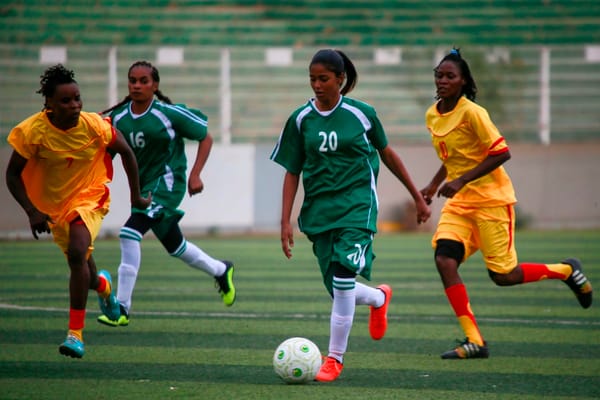


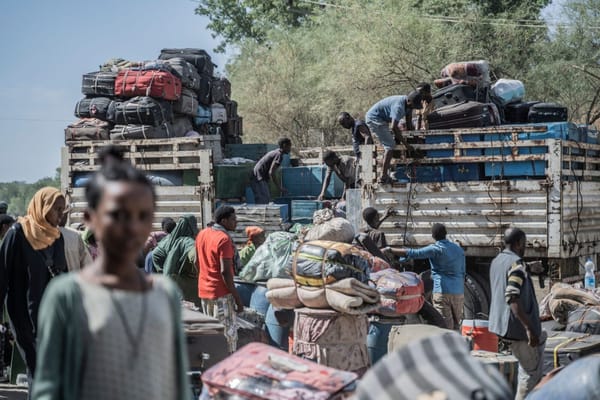
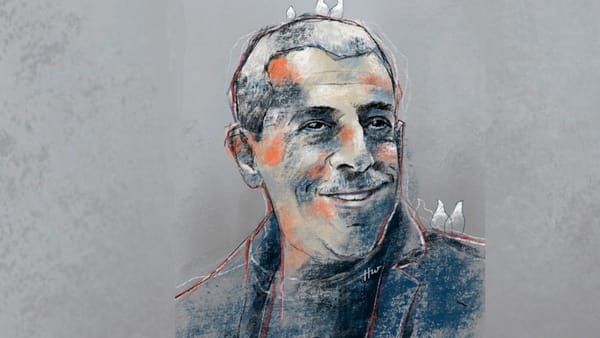

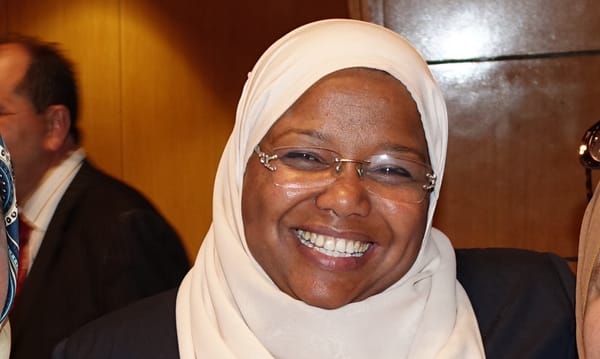
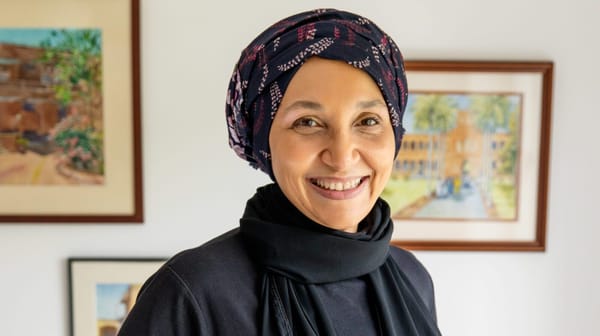

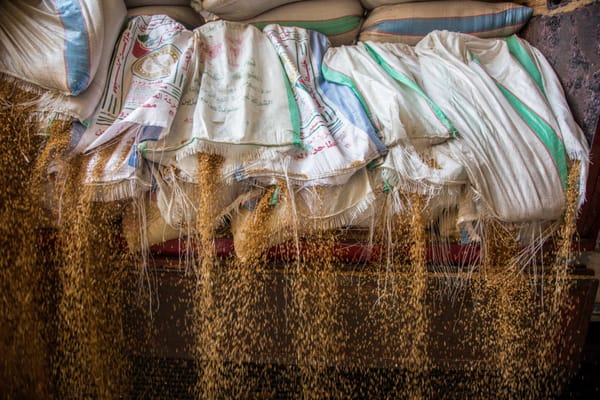

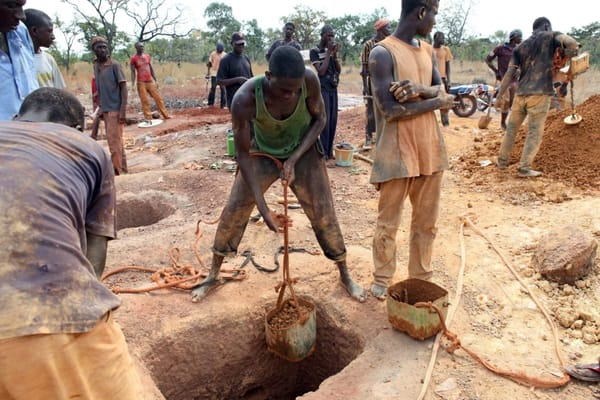
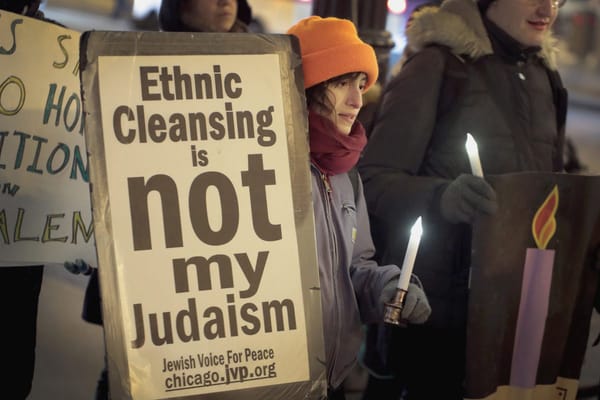
Awakening to the Politics of Israel—An Interview with Sonya Meyerson-Knox of Jewish Voice for Peace
In the context of Israel's newly elected far-right government and ongoing censorship of Palestine in academia and social media, MERIP shares the second of a two-part series of interviews on changing American Jewish attitudes towards Israel and Zionism. In this interview, Lori Allen speaks with Sonya